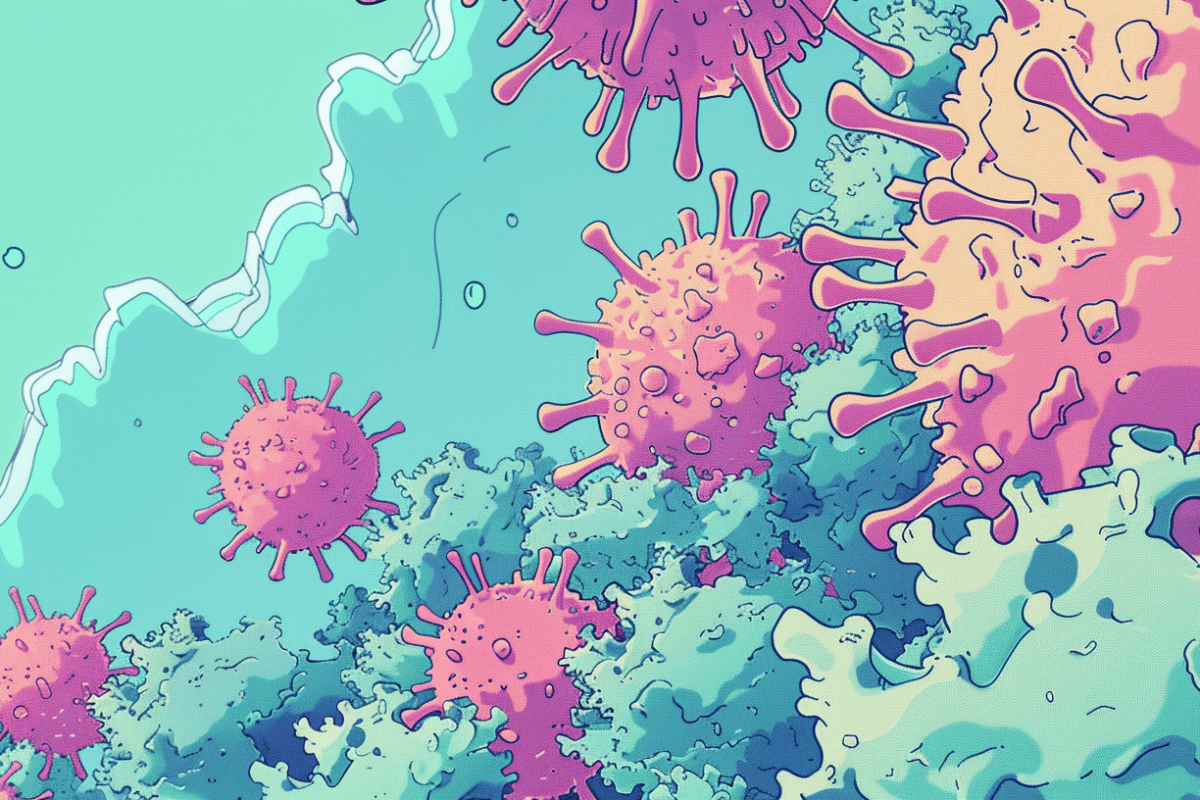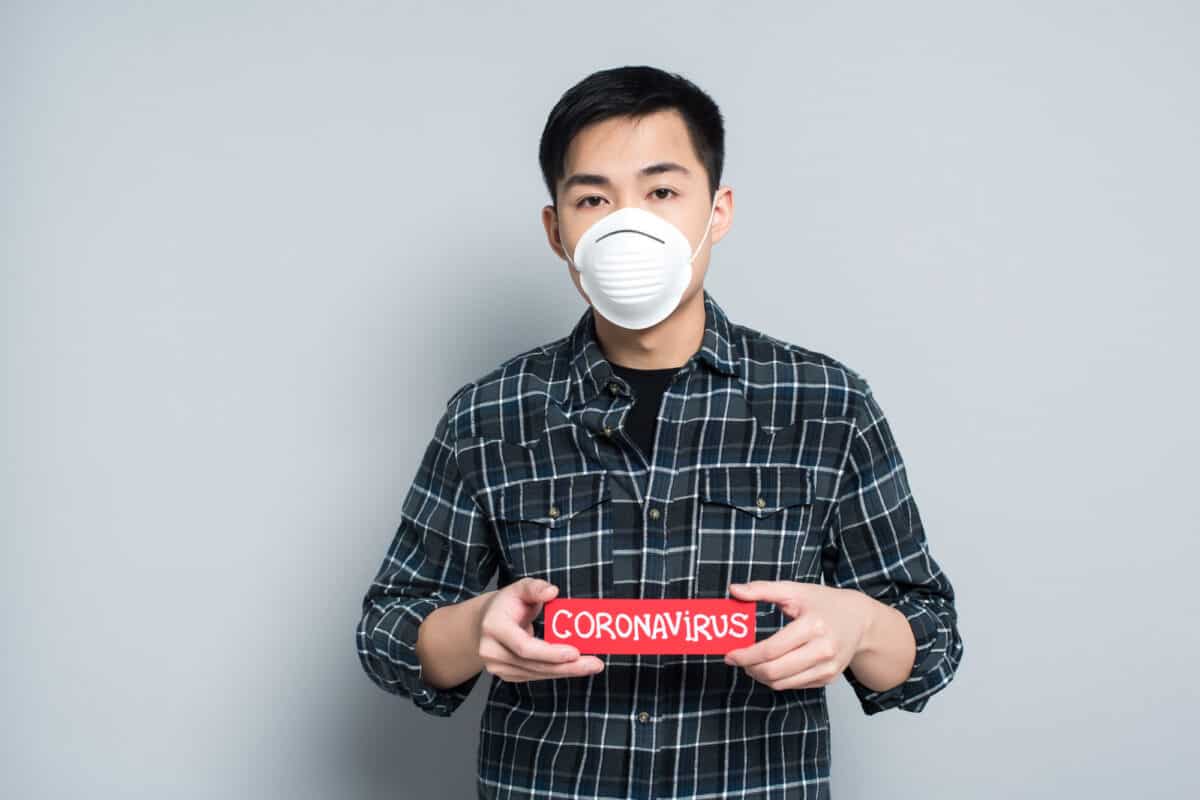A COVID-19 booster shot is an extra dose or dosage of a vaccine administered; after that, the value provided by the initial dose or dosages starts to weaken over the period. The COVID booster shot enables individuals to maintain a high level of protection against severe coronavirus sickness. This article will assist you in determining the best time to receive a COVID-19 booster shot.
What is a Booster Dosage?
Booster doses are shots of the COVID-19 vaccination administered after the first series. The COVID-19 Booster doses from COVID-19 testing Calgary restore diminished protection from a first sequence over time.
Booster dosages strengthen your defences by stimulating your immune system to replenish immunity that may have diminished over time. These may also lessen the likelihood of developing a post-COVID-19 infection.
If it has been six months or further since your most recent vaccination or COVID-19 sickness, contact your area, region, or COVID-19 testing Calgary healthcare provider for a booster shot.
Whether you are receiving a booster shot or a primary dose, they may give you another COVID-19 booster shot than the one you previously received. It is practical, safe, and beneficial to do so. Discuss with your healthcare practitioner the COVID-19 immunizations that are indicated for you.
What Are the Adverse Effects of COVID Boosters?
After receiving a COVID-19 vaccination and boosters, you may feel mild, similar symptoms to something you might encounter after receiving a flu vaccine, such as a swelling arm and a sore at the injection site. You may have headaches, body aches, fever, and fatigue for one or two days. Chills and lymph node swelling may also develop.
Those symptoms do not indicate illness. They indicate that your immune response is adjusting to the vaccinations and developing resistance to the coronavirus.
Where Can I Receive a COVID-19 Immunization Booster?
Please review your state and local information. Look for mobile immunization clinics (walk-in), retail pharmacies, and local and state immunization locations offering booster shots appointments. Some sites may provide walk-in immunization appointments.
When Should You Get a COVID-19 Booster Shot?
A person’s unique qualities determine the best time to get a COVID booster. This covers your particular risk of having severe COVID and the length of time after you were infected with the virus or last boosted. Having boosters too quickly might also reduce the effect.
The people with a greater risk of getting severe COVID-19, including the immunocompromised and the elderly but have never gotten a COVID booster or a few months since their previous booster or illness, should get boosted sooner.
Those who are vulnerable should receive the booster as early as feasible. Waiting 3 -4 months from the most recent COVID-19 infection or booster shot to acquire an updated vaccine is a good idea this season. If you delay any longer, then you risk having fading protection throughout the winter, whenever flu, cold, and COVID infections tend to surge.
What Differentiates a Booster Dose From an Additional Dose?
A COVID-19 booster shot is administered to vaccinated individuals whose resistance against the coronavirus has diminished over time. Some characteristics will differ based on the primary series you had. Please refer to the COVID booster instructions for specifics and see your healthcare practitioner if you have any questions about whether or not you fulfill these standards.
Those with a weakened immune system from mild to severe compromise are given an additional dose. The extra dose is meant to increase the immune response of immunocompromised individuals to their original immunization series. Contingent on the source material, several details may differ.
When is the Scheduling of COVID-19 Booster Shots?
If you have received your vaccination six months or more, you should receive a COVID-19 booster to be protected. In certain instances, provinces and regions may administer a COVID-19 booster shot as early as 3 months following the prior treatment.
Every province and region develops and administers its COVID vaccination program. While making judgments regarding their initiatives, they examine the requirements and conditions of their area, particularly COVID-19 activities.
Consequently, immunization advice and timing regarding which vaccines are provided may vary by region.
Conclusion
Understand that it takes several weeks for the body to acquire optimal immunity after vaccination and booster. You need more time to be ready to go when you step into your appointment. There is no one-size-fits-all solution here since antibodies diminish over time.
If you have more queries about scheduling your COVID-19 booster shots or doses following an infection, you should consult with your healthcare physician, a COVID-19 testing Calgary, or your region or area.
This is a sponsored post
Digital Health Buzz!
Digital Health Buzz! aims to be the destination of choice when it comes to what’s happening in the digital health world. We are not about news and views, but informative articles and thoughts to apply in your business.


